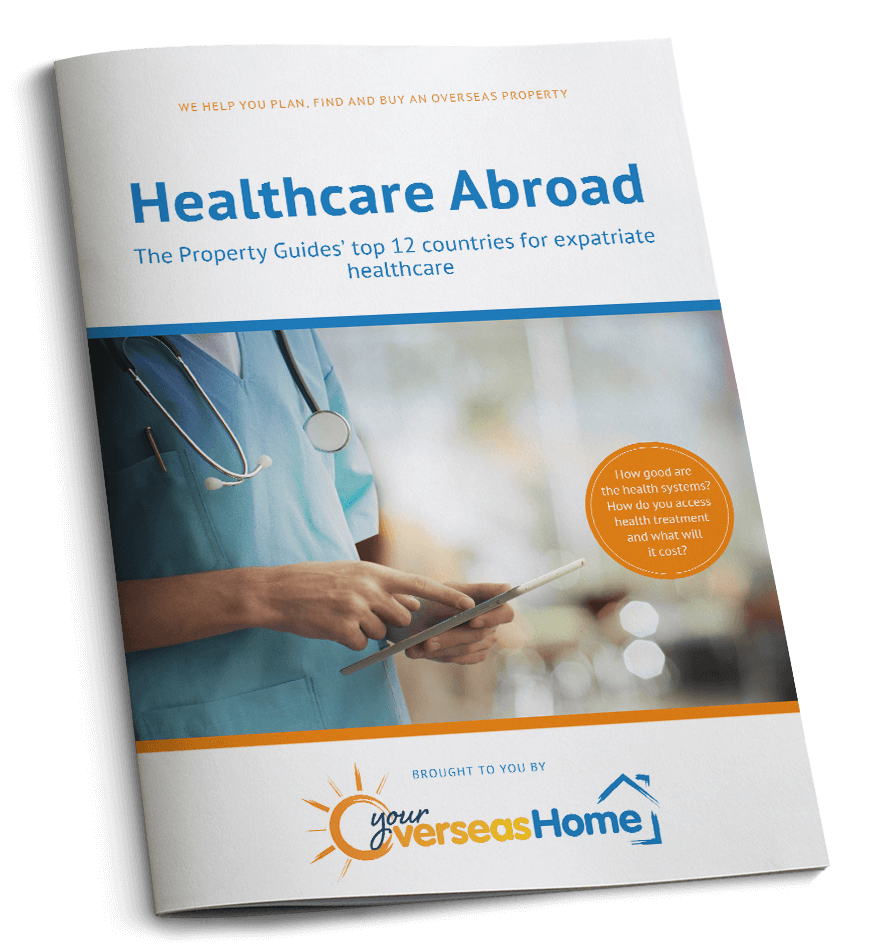Accessing essential services in Canada
We discuss how to access essential services and information before your move, and upon arrival in Canada.
Accessing certain services should be your first port of call when you arrive in Canada. Here we run through the essentials, including healthcare, education, and transport.
Healthcare
If you require regular treatment, or a particular medication, it’s important to check that you will be able to access it once in Canada.
You’ll be pleased to hear that healthcare in Canada is of a high standard. You’ll be able to access their public system by acquiring a healthcare card from the health department in your province. You should apply for this card as soon as you arrive in the country, as it will take a few weeks to come through. You can find application forms at local doctors’ surgeries, pharmacies, or local hospitals, and you will need an independent form for each member of the family. Alongside this form, you will need to supply a copy of each applicant’s birth certificate, a copy of your passport, and written proof of residency status. Do bear in mind that your healthcare card is issued in the province you live in, and only works there (with the exception of some emergency treatment), if you move provinces you will need to get a new card.
How you will pay for Medicare will depend upon which province you are in. In some instances, the fee is taken through taxes, and in others, you will be charged a monthly fee. As Medicare isn’t free, and doesn’t cover all services, many expats opt to take out private health insurance to make up the difference. To be put in touch with our trusted health insurance provider call the Resource Team on 020 7898 0549.

The Healthcare services in Canada are fantastic
Important tip
If you require regular treatment, or a particular medication, it’s important to check that you will be able to access it once in Canada.
In case of emergency, call 911.
Education
Canadian education is another area that is managed by the provincial government. It is of a high standard, and all qualifications obtained in Canada can be used around the world. Depending on your province, your child could start school as young as four, and will be obliged to stay in school until the age of 16. The system doesn’t appear to be too different from how things operate in the UK – the school year runs from September until June, and the school day begins around 8am and finishes around 3pm. There are state run schools, which are free to attend, public schools, and private schools. To register your children you will need to provide proof of residency status, and proof of the date they landed in the country.
Where possible, try to coincide your move with the start of the school year to ease your child’s transition. And, make sure you involve your kids in choosing their school, so that they can know what to expect.
Where possible, try to coincide your move with the start of the school year to ease your child’s transition. And, make sure you involve your kids in choosing their school, so that they can know what to expect.

Children can start school as young as four
Transport and travel
In Canada, you will need to learn to drive on the right. Similar regulations apply as here in the UK, including compulsory seat belts, not operating a mobile phone whilst driving, and keeping small children in the rear of the car. As temperatures can dip suddenly, it’s recommended to carry a torch, spade, blankets, ice scraper, spare clothes, antifreeze and snow chains in your vehicle.
You will be able to use your UK licence for up to 90 days, before having to transfer to a Canadian licence, but can opt to change it as soon as you arrive, if you so wish. Again, licences are a matter for the provincial government, so you will need to visit the office to switch your license over. You will be expected to produce results of an eye test, proof of ID and address, and your current licence. There will be a small fee.
Canada’s train network is excellent, and is a wonderful way to see more of your new country. Buses are also available, which can prove cheaper, but take far longer. Viarail Trains are the quickest if you are travelling between cities. Alternatively, you can opt to fly. Each province has a number of airports, making it quick and cost-effective to jet between destinations. The number of flights is cut significantly during winter.
Transporting your belongings
Good removals companies get booked up well in advance, so we always recommend contacting them six months prior to your move. Always get quotes from at least three companies to ensure you secure a competitive price, and make sure they are registered with the British Association of Realtors (BAR) or the International Association of Movers (IAM). Always check what insurance is covered in the price.
For more information about essential services in Canada, download your free copy of the Canada Buying Guide today.

The Healthcare guide will provide information on
• How to get healthcare
• Private medical insurance
• Planning ahead
• How overseas services compare with the NHS
• What could happen after Brexit


 Property Guides
Property Guides France
France Portugal
Portugal Spain
Spain Italy
Italy USA
USA Ireland
Ireland Greece
Greece Cyprus
Cyprus Australia
Australia New Zealand
New Zealand Canada
Canada Turkey
Turkey UK
UK